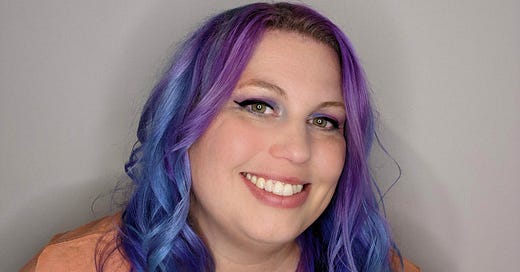Investigator interview: Rae Baker
We talk OSINT training, the value of Google Dorks, and what to do about the decline of Twitter/X
Rae Baker is a maritime OSINT analyst working for Deloitte. She’s also a prolific contributor to the open source investigative community. Baker has an email newsletter, is part of the OSINT Curious crew, wrote a recent book about getting into maritime OSINT and, along with Espen Ringstad, she co-founded Kase Scenarios, an innovative training platform.
In the second edition of the Investigator Interview series, Rae and I talked about how she became an analyst, why she loves charts, and what the downward spiral of Twitter/X means for all of us. (BTW I’m on threads here, Bluesky here and Mastodon here.)




